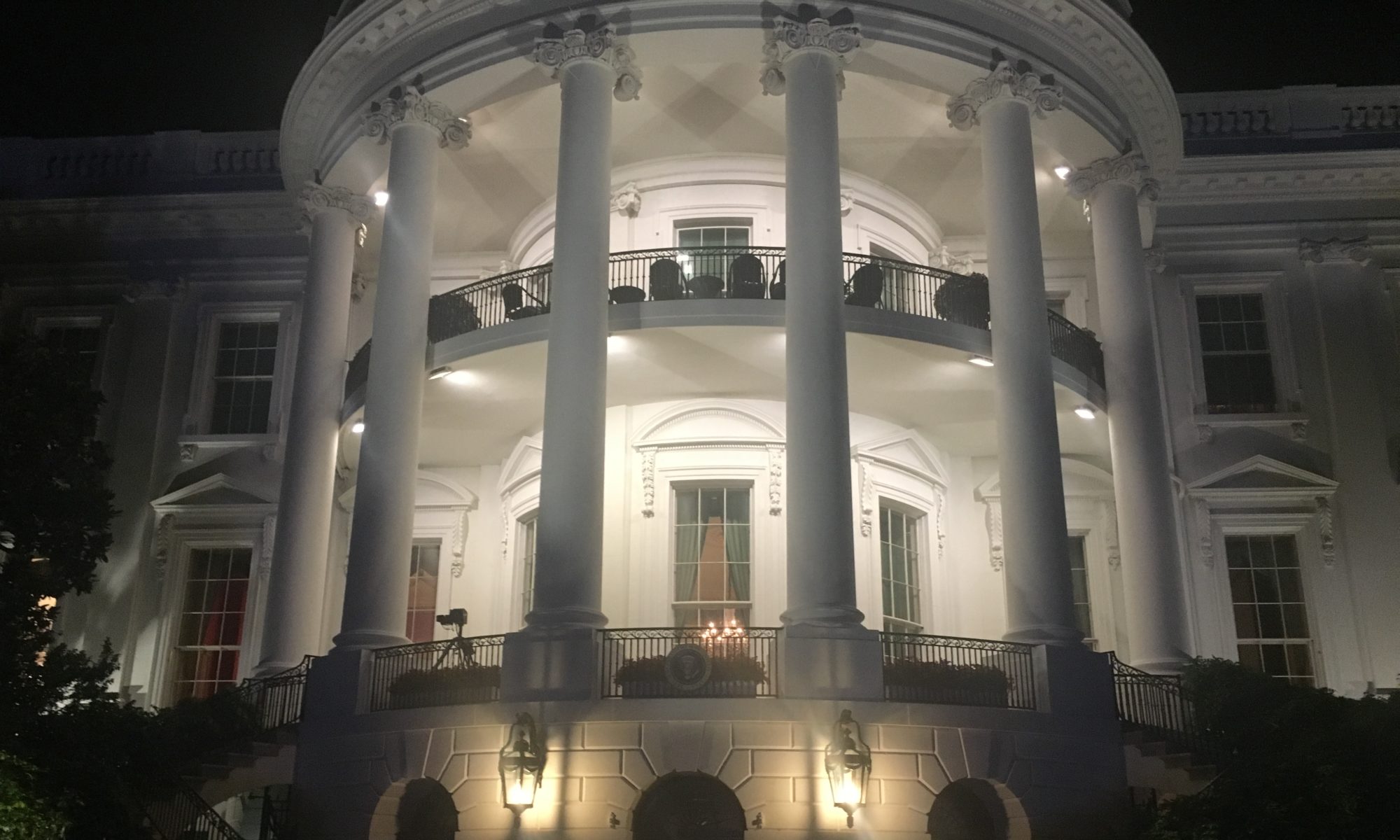September 21, 2020
The collective wailing of millions of American women that erupted at 8:00 p.m. Friday night, when we learned that indomitable Justice Ruth Bader Ginsburg had died, could probably have been heard from space. We cried, we raged, we screamed, at the unrelenting cruelty of the Annus Horribilis that is 2020. We sat in blinkered disbelief that the universe would snatch the great and good among us in rapid succession, yet leave evil to bestride the world like a colossus.
Mitch McConnell leaned into his reputation as The Grim Reaper, announcing within hours of RBG’s death that Trump’s nominee to replace her would get a hearing, disregarding Justice Ginsburg’s “fervent wish that I not be replaced until a new president is installed.” In so doing, as we knew he would, McConnell jettisoned his own rule that Supreme Court justices could not be replaced in an election year.
As grief began to congeal into despair, we struggled not to capitulate to the learned helplessness fostered by a society that tells its citizens that our fates are in the hands of a superhuman, preternaturally gifted few, like John Lewis or RBG, who single-handedly shoulder the burden of fighting for equality against evil, omnipotent malefactors backed by white supremacists and bankrolled by the Koch Brothers.
It is hard to overstate the daunting impact of RBG’s legacy on the lives of American women. As a lawyer, in a strategically chosen series of cases, RBG secured the coverage of the 14th Amendment’s Equal Protection Clause for women, (Reed v. Reed); and pushed the Supreme Court to invoke heightened “intermediate scrutiny” in cases involving distinctions “on the basis of sex,” (Craig v. Boren). As a Supreme Court justice, in 1996 Justice Ginsburg authored the landmark decision in United States v. Virginia which eradicated the male only admissions policy of the Virginia Military Institute, paving the way for opportunities for women in the military. In her later years as a Justice, as the Court lurched rightward, RBG became known for her stinging dissents, most notably in Shelby County v. Holder, the 2013 case which kneecapped the Voting Rights Act. In the face of such a record, it is easy to think that we can’t possibly measure up.
Yet, as those who criticized RBG for failing to retire in 2009, or more substantively, for a deeply flawed decision in City of Sherrill v. Oneida Nation of New York, 544 U.S.197(2005), which held that a repurchase of tribal lands did not restore tribal sovereignty, RBG was not infallible. Of course not, she was human. Flattening her legacy to erase her mistakes, or discarding it to focus on the rare times she disappointed us, lets us all off the hook and surrenders our own agency. As she said herself, “the spirit of liberty must live in the hearts of the women and men of this country,” and that while it would be easy “to appoint Platonic guardians who would rule wisely for us … then we wouldn’t live in a democracy.” We must take that spirit of liberty and the power that RBG gained for us and FIGHT for this democracy, for her and for us.
Rest In Power, Notorious RBG.

Wow, Lisa, “Flattening her legacy to erase her mistakes, or discarding it to focus on the rare times she disappointed us, lets us all off the hook and surrenders our own agency.” No truer words have been spoken. This is no time to let ourselves off the hook or surrender our own agency!